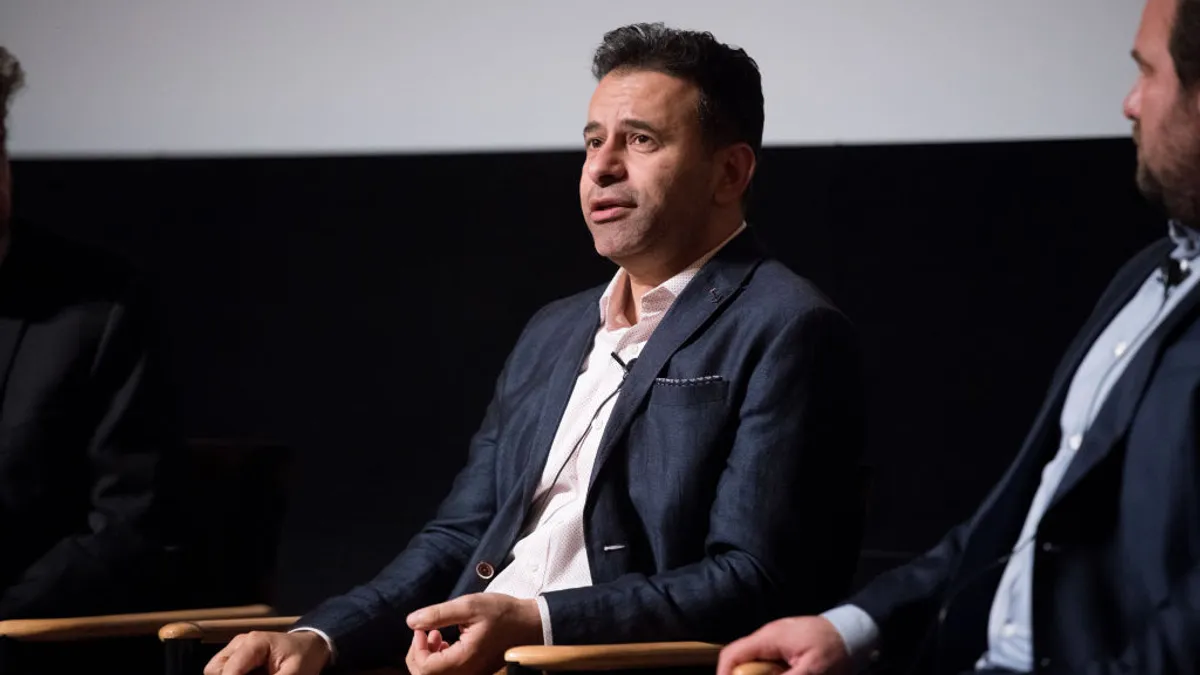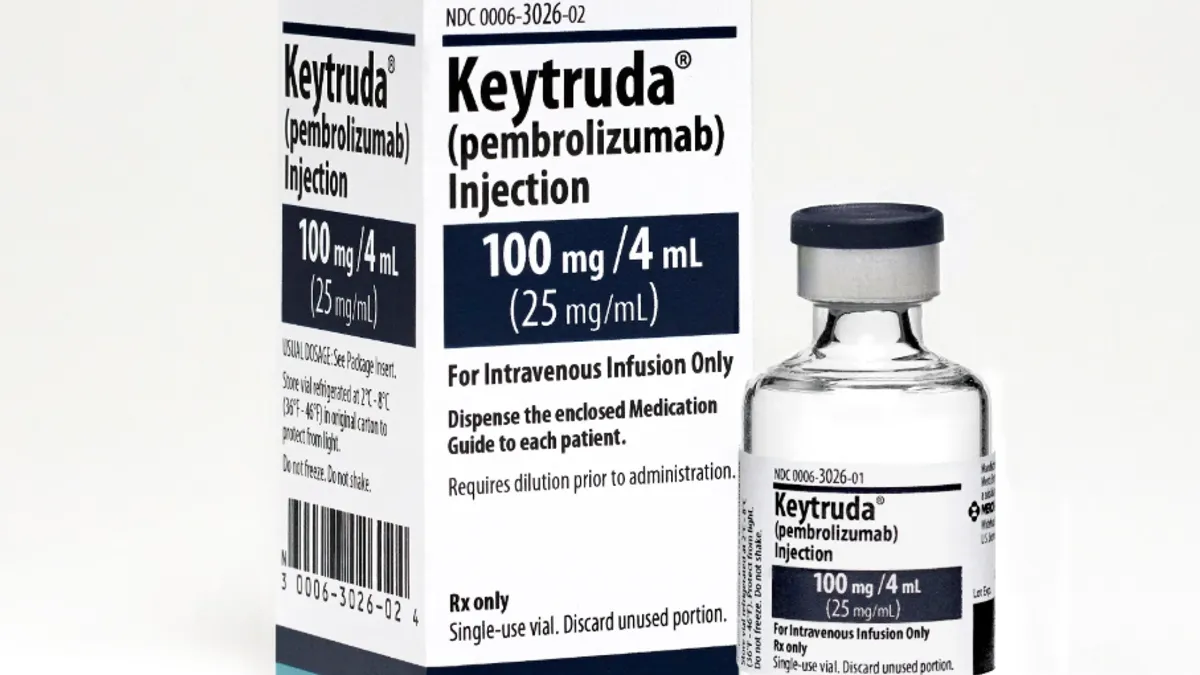AI and mHealth Tech: Instruments to Better Healthcare
Computers can be trained to be more accurate than pathologists in assessing slides of lung cancer tissues, according to a study by researchers at the Stanford University School of Medicine.
 The researchers found that a machine-learning approach to identifying critical disease-related features accurately differentiated between two types of lung cancers and predicted patient survival times better than the standard approach of pathologists classifying tumors by grade and stage.
The researchers found that a machine-learning approach to identifying critical disease-related features accurately differentiated between two types of lung cancers and predicted patient survival times better than the standard approach of pathologists classifying tumors by grade and stage.
“Pathology as it is practiced now is very subjective," says Michael Snyder, Ph.D., professor and chair of genetics. “Two highly skilled pathologists assessing the same slide will agree only about 60% of the time. This approach replaces this subjectivity with sophisticated, quantitative measurements that we feel are likely to improve patient outcomes."
Although the current study focused on lung cancer, the researchers believe that a similar approach could be used for many other types of cancer. The research was published in Nature Communications.
IBM, Pfizer to Accelerate Immuno-oncology Research With Watson
IBM Watson Health and Pfizer are collaborating to help accelerate Pfizer’s research in immuno-oncology. Pfizer is one of the first organizations worldwide to deploy Watson for Drug Discovery, and the first to customize the cloud-based cognitive tool — tapping in to Watson’s machine learning, natural language processing, and other cognitive reasoning technologies to support the identification of new drug targets, combination therapies for study, and patient selection strategies in immuno-oncology. Oncology researchers at Pfizer will use Watson for drug discovery to analyze massive volumes of disparate data sources, including licensed and publicly available data as well as Pfizer’s proprietary data.  With this new tool, Pfizer researchers will analyze and test hypotheses to generate evidence-based insights for real-time interaction. The customized technology can also support efficient safety assessments.
With this new tool, Pfizer researchers will analyze and test hypotheses to generate evidence-based insights for real-time interaction. The customized technology can also support efficient safety assessments.
“Pfizer remains committed to staying at the forefront of immuno-oncology research," says Mikael Dolsten, president of Pfizer Worldwide Research & Development. “With the incredible volume of data and literature available in this complex field, we believe that tapping into advanced technologies can help our scientific experts more rapidly identify novel combinations of immune-modulating agents. We are hopeful that by leveraging Watson’s cognitive capabilities in our drug discovery efforts, we will be able to bring promising new immuno-oncology therapeutics to patients more quickly."
NewYork-Presbyterian Adds Virtual Doctor Visits
In partnership with telehealth software provider American Well, NewYork-Presbyterian’s NYP OnDemand service enables patients to connect via mobile apps or the web with NYP’s physician network that includes ColumbiaDoctors, Weill Cornell Medicine’s Physician Organization, and NewYork-Presbyterian Medical Groups. NYP OnDemand already includes Digital Urgent Care and Virtual Visits to patients in the New York City area. NYP OnDemand was developed by NewYork-Presbyterian’s Innovation Center to deliver clinician- and consumer-facing solutions to enhance care delivery, NYP reports. The suite of online services includes second opinions, emergency or urgent care visits, provider-to-provider consultations and virtual follow-up visits.
Microfluidic Chips Made of Silk Replicate Human Tissues for Drug Testing, Implantable Applications
The National Institute of Biomedical Imaging and Bioengineering (NIBIB) and Tufts University team has developed a microfluidic chip that mimics human tissue for use in drug testing applications. The chip is based on a silk gel that overcomes the limitations of polydimethylsiloxane (PDMS), a silicon material widely used to host living cells within microfluidic devices.
 Silk can be used to replicate tissues of different softness, is stable yet can degrade completely given enough time, and can be made transparent to make it easy to work with. Mixing it with a gel already containing live cells and shaping it inside a mold, the researchers created a device with channels running through it that is also partially alive. Valves were added that regulate the flow of fluids through the channels using an air pressure mechanism.
Silk can be used to replicate tissues of different softness, is stable yet can degrade completely given enough time, and can be made transparent to make it easy to work with. Mixing it with a gel already containing live cells and shaping it inside a mold, the researchers created a device with channels running through it that is also partially alive. Valves were added that regulate the flow of fluids through the channels using an air pressure mechanism.
Silk is a lot more forgiving than PDMS, requiring moderate temperatures during production of the device and offering excellent biocompatibility if implanted into the body. That last part is yet to be attempted, but the researchers believe there’s great potential for such technology to be eventually translated for tissue regeneration applications. (PV)


















